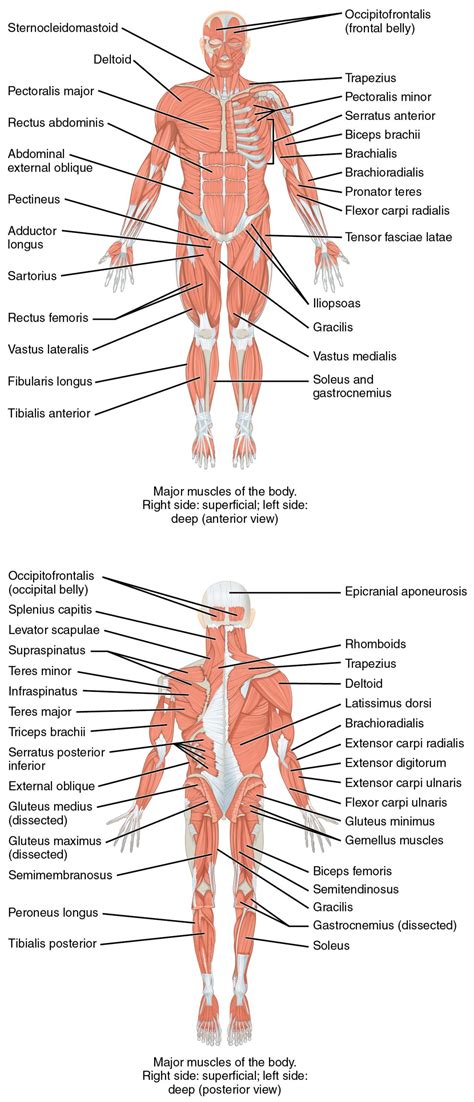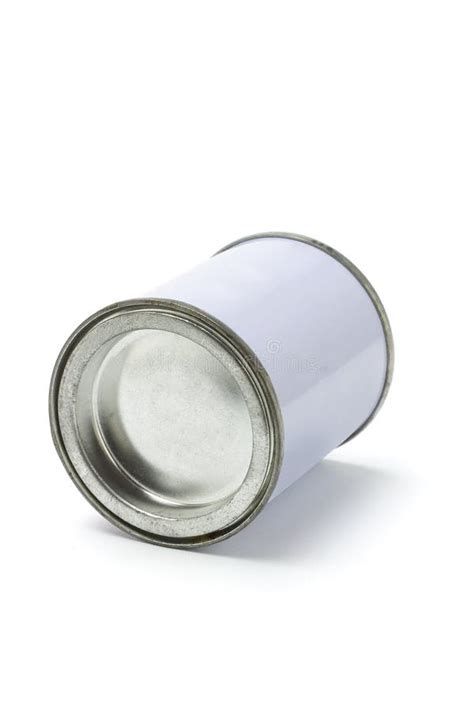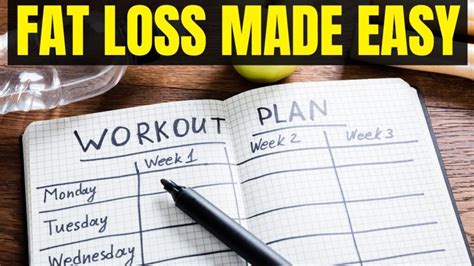Understanding Testosterone’s Role in Muscle Growth
Testosterone, the primary male sex hormone, plays a critical role far beyond reproduction. For men aspiring to build muscle, testosterone is a powerhouse. It directly influences protein synthesis, which is the process by which your body repairs and builds new muscle tissue. Higher, healthy testosterone levels are associated with increased muscle mass, greater strength, improved bone density, and enhanced energy levels.
While testosterone levels naturally decline with age, certain lifestyle factors can accelerate this drop or keep levels suboptimal. The good news is that many of these factors can be influenced through natural means, empowering men to optimize their hormonal profile for better muscle growth and overall well-being.
Key Natural Strategies to Boost Testosterone
1. Prioritize Strength Training
Resistance training is arguably one of the most effective natural testosterone boosters. Lifting weights, especially compound exercises that engage multiple muscle groups (like squats, deadlifts, bench presses, and rows), has been shown to acutely and chronically elevate testosterone levels. Aim for a routine that includes heavy lifting, progressive overload, and sufficient recovery time.

2. Optimize Your Diet
What you eat significantly impacts your hormone production. A balanced diet rich in macronutrients and micronutrients is crucial:
- Healthy Fats: Don’t shy away from healthy fats. Sources like avocados, nuts, seeds, olive oil, and fatty fish (salmon, mackerel) provide cholesterol, a precursor to testosterone.
- Protein: Adequate protein intake is vital for muscle repair and growth, but also supports overall hormonal health. Aim for high-quality protein from lean meats, eggs, dairy, and plant-based sources.
- Carbohydrates: Include complex carbohydrates to fuel your workouts and maintain energy levels, preventing cortisol (a stress hormone) spikes that can suppress testosterone.
- Micronutrients: Zinc and Vitamin D are particularly important.

3. Ensure Adequate Sleep
Sleep deprivation is a silent killer of testosterone. Most testosterone release occurs during sleep, especially during deep REM cycles. Chronic lack of sleep (less than 7-8 hours per night) can significantly lower testosterone levels, impacting muscle recovery and growth. Prioritize consistent, high-quality sleep by creating a dark, cool sleep environment and sticking to a regular sleep schedule.
4. Manage Stress Effectively
Chronic stress leads to elevated cortisol levels. Cortisol and testosterone have an inverse relationship; when cortisol goes up, testosterone often goes down. Incorporate stress-reduction techniques into your daily routine, such as meditation, yoga, deep breathing exercises, spending time in nature, or engaging in hobbies you enjoy.

5. Get Enough Vitamin D and Zinc
- Vitamin D: Often called the ‘sunshine vitamin,’ Vitamin D is actually a steroid hormone itself and is directly linked to testosterone production. Regular safe sun exposure is ideal, but supplementation may be necessary, especially in less sunny climates.
- Zinc: This essential mineral plays a vital role in hormone regulation. Deficiencies can lead to lower testosterone. Good dietary sources include red meat, poultry, shellfish, nuts, and legumes.

6. Limit Alcohol and Avoid Endocrine Disruptors
Excessive alcohol consumption can disrupt the endocrine system and directly impair testosterone production. Moderation is key. Furthermore, be mindful of endocrine-disrupting chemicals (EDCs) found in plastics, pesticides, and certain personal care products, as they can mimic or block hormones, negatively impacting testosterone.
Consistency is Key for Sustainable Results
Boosting testosterone naturally for muscle growth isn’t a quick fix; it’s a commitment to a healthy lifestyle. The strategies outlined above work synergistically. Implementing them consistently over time will not only help optimize your testosterone levels for enhanced muscle building but also contribute to overall improved health, vitality, and well-being.
Always consult with a healthcare professional before making significant changes to your diet, exercise routine, or starting any new supplements, especially if you have underlying health conditions.





